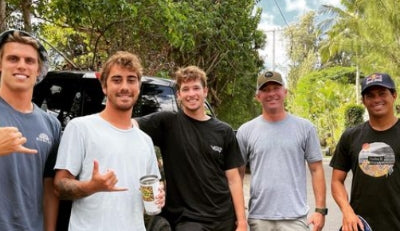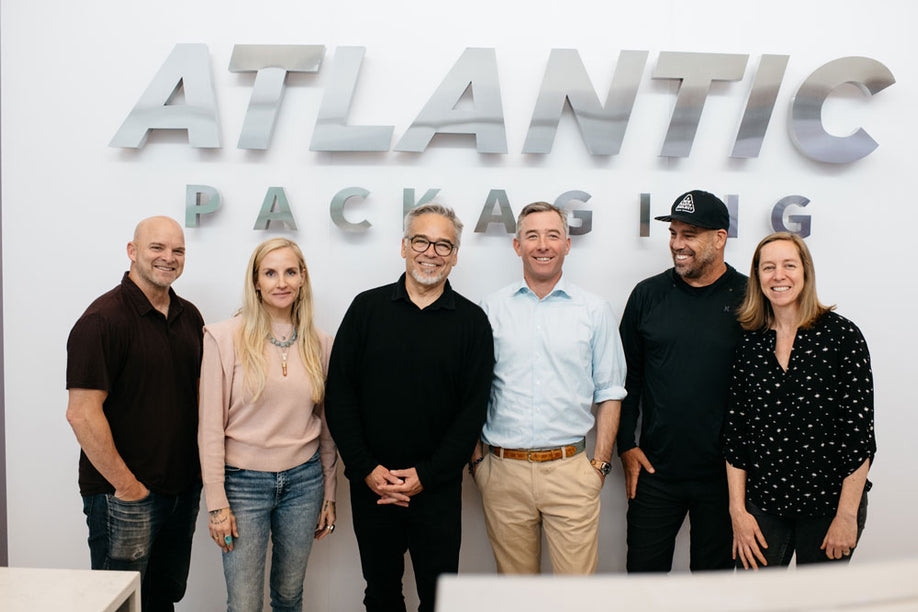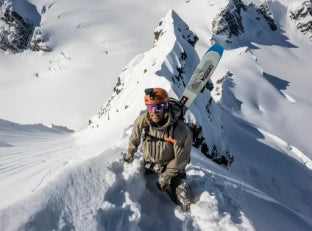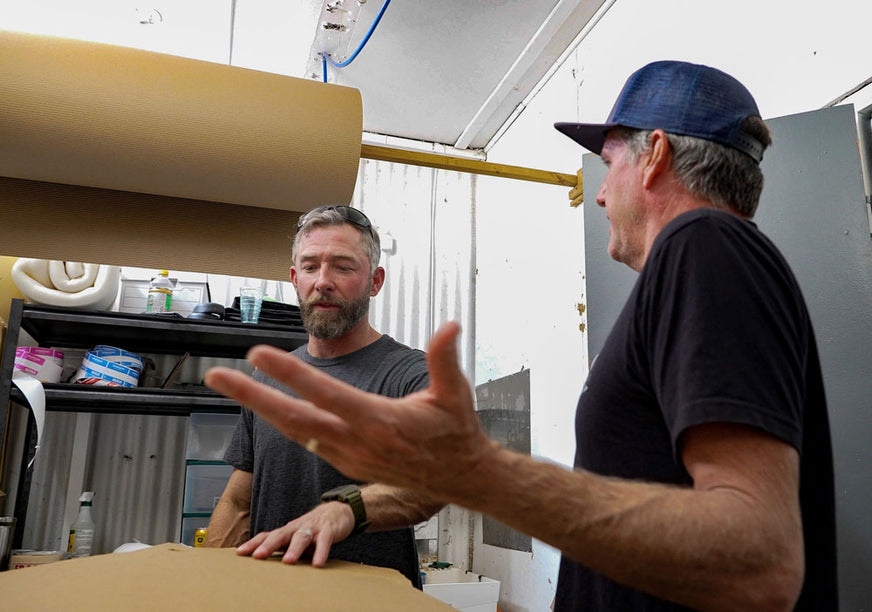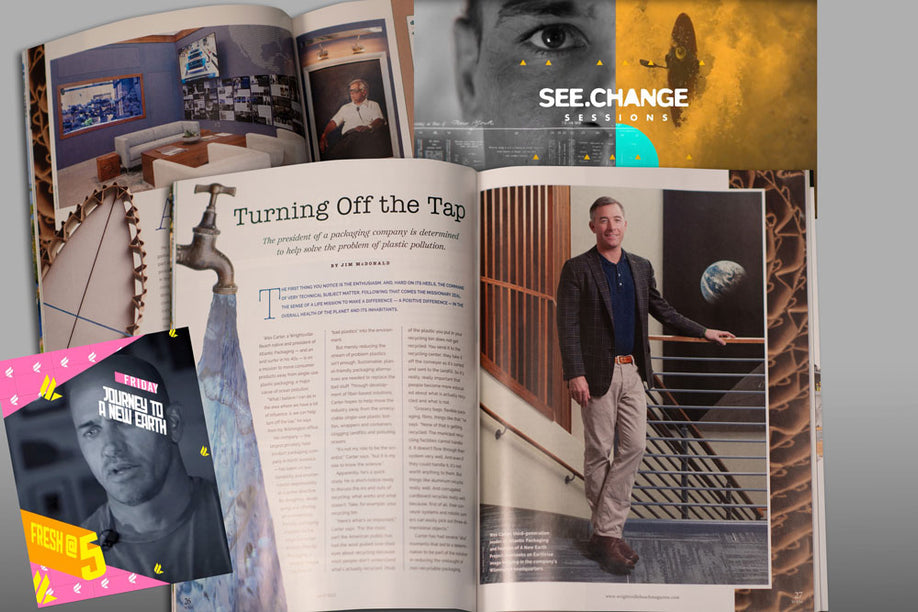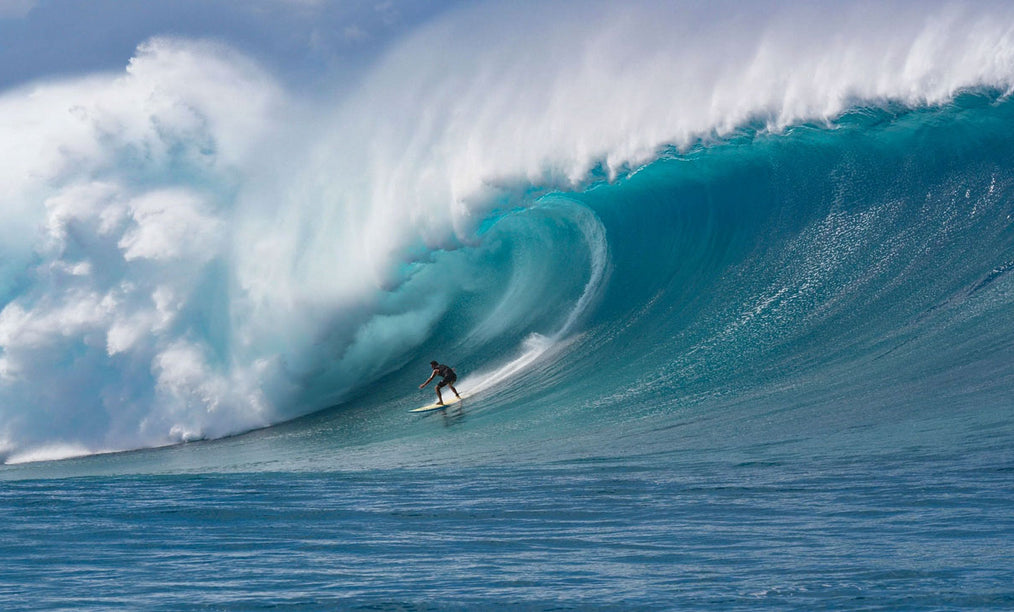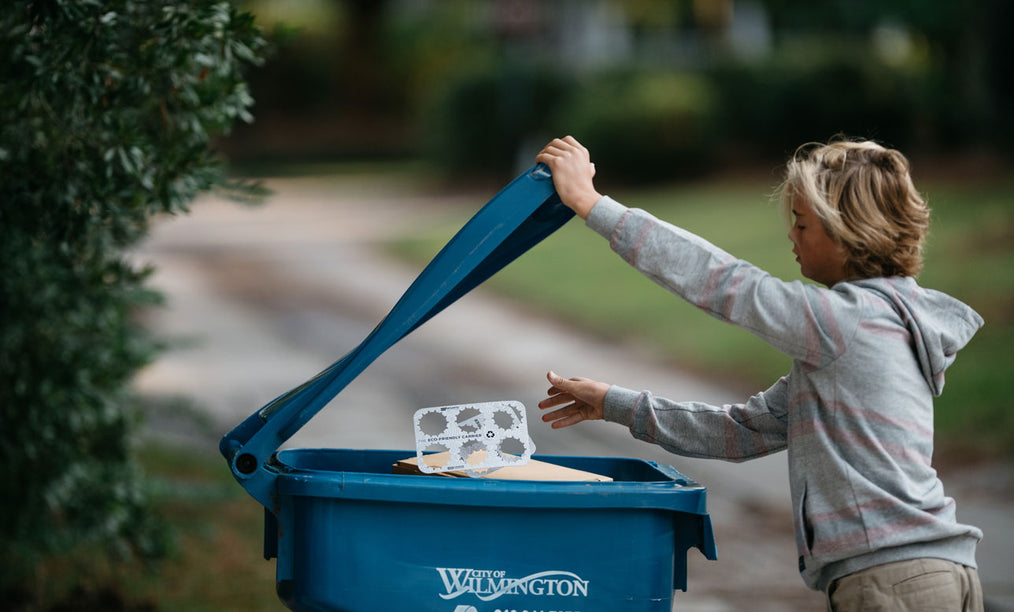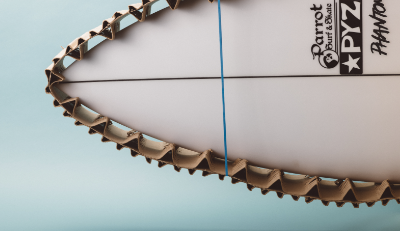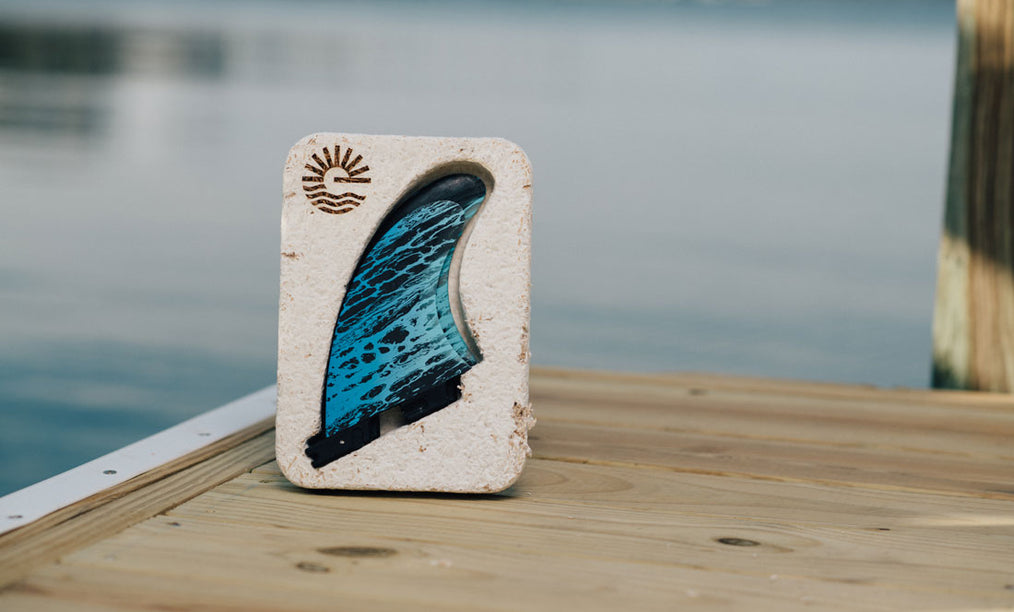Kelly Slater was born in 1972, just a few months before first Earth Day.
But when the 11-time world champion surfer was growing up, the only time he heard the word "sustainability" uttered, if ever, was when stony surfers were referencing their weed source.
Surfers of the 70s were among the hardcore anti-establishment crowd because the 60s traumatized their tribe. First came Gidget and The Beach Boys, then massive crowds, a military draft, and the ugliness of the Vietnam War.
Listen to the full story or scroll down to continue reading:
Young surfers fled society in droves. Many became outlaws, on the front edge of famed 60s drug smuggling, in order to fund their search for empty surfing horizons. Meanwhile, back home, those who did stick around grew increasingly tribal and violent to fend off crowds.
Slater's 70s surfing youth was shaped by that 60s hangover. Depending on who you asked, surfers were either the absolute dregs of society, or at best, harmless drop outs.
Whatever tiny industry existed back then was a cottage one, comprised of a bunch of mom-and-pop surf shops, some backyard board shapers, and a few enthusiast magazines.
But by the time Kelly reached his teens the surf business landscape was shifting. A few apparel brands (that may or may not have been seed funded by smuggling money) were finding success marketing surfing's rebellious subculture into a trendy brands.
Fortunately for Slater, these brands became Wall Street darlings right around the time he was set to turn pro. Since the highly-touted wiz kid from Florida had racked up fist fulls of amateur records, he found himself the subject of a bidding war.
Kelly and the ensuing surf brand boom was a match made in capitalists heaven.
At its peak, the "surf" industry grew to a market cap of roughly 25 billion. Slater's popularity carried it around the globe, and specialty surf retailers grew increasingly sophisticated.
Mind you, the vast majority of this growth was powered by fast fashion, not by the surfing equipment. For years, polyurethane surfboard blanks, toxic resins, and neoprene wetsuits were considered the great shame by way of surfing's environmentalists.
But while boards and wetsuits took virtually all of the negative PR hits, nobody was talking about the clothing piece of the industry that had grown far bigger, and more impactful.
Kelly, admittedly, was too busy chasing World Titles to notice. "Obviously as a kid I didn't think much about that," he explained to Wes Carter in his recent Pipeline Podcast interview. "It wasn't at the forefront of everyone's minds in the seventies and eighties. ...Surfing was such a niche sport at that time."
But during his 35-years of non-stop globe trotting, Slater was a lead witness to the coastal devastation impacting large swaths of our oceans, especially in the global south.
Around 2008, while still chasing world titles (Slater won his first championship in 1992, and his 11th in 2011), he began reading up on the impacts of the industry that fueled his career via environmental journalists making waves on Twitter. The information they were relaying was the kind that simply wasn't readily available just a few years earlier.

"That's a thing that people have now," Slater explains. "Kids have exposure to that information. I thought nothing of that until I was probably well into my twenties, maybe 30...I was no Greta Thunberg."
Around 2015, when Slater's longtime partnership with Quiksilver was up in the air, he decided to launch his own brand rather than go looking for a new sponsor operating the same way. He and his trusted, like-minded partners launched Outerknown, a company grounded in principles that had become Slater's highest priorities.
He had two goals for his new brand: the first was to "take care of employees with socially compliant policies." The second was making sure his supply chain "was as sustainable as possible."
"I thought I had an obligation to that," he explained. "To to put my money where my mouth is."
Slater's old industry friends steeped in operations at Quiksilver considered him crazy, and he copped a lot of crap from even his own fans for introducing a line of apparel that was far more expensive than traditional fast fashion brands. But Kelly and his Outerknown team have stubbornly stuck to their principles, and it's paying off. Today, there isn't a brand out there who isn't striving to improve on the sustainability front.
Outerknown, meanwhile, is gaining traction as a high quality brand backed by goods that it guarantees. Yes, they're more expensive, but according to Kelly, "You get what you pay for...so you know, maybe you have one or two pairs [of trunks] instead of four or five."
And that’s the whole idea of sustainable clothing. Use less while demanding more.
Last month, Slater caught up with Wes Carter of Atlantic Packaging over on the North Shore of Oahu to talk about his personal journey in the sustainable space, and the various lessons he's trying to teach others. You can watch the whole conversation above.
